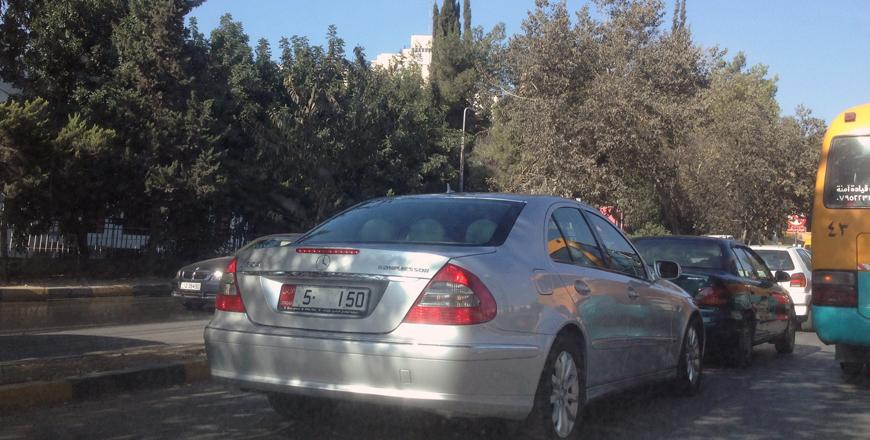AMMAN — Installing GPS tracking devices on public sector vehicles is a “reform project” that will put an end to the use of these cars for other than their original purposes, Prime Minister Abdullah Ensour said on Monday.
During a visit to the Royal Jordanian Geographic Centre (RJGC), which will be implementing and supervising the project, Ensour called for expediting work on studying and carrying out the plan, the Jordan News Agency, Petra, reported.
Restricting the use of public vehicles to work purposes is a popular, parliamentary and government demand, the premier said, adding that the project will reduce fuel reduce and save government expenditures.
RJGC Director Brig. Gen. Awni Khasawneh briefed Ensour on the proposed mechanism to implement the project.
The GPS device will enable authorities to measure the vehicle’s speed, identify where the driver made stops, record the distances it covered and determine whether it was used after working hours, Khasawneh said.
The briefing cited a company that is currently implementing such a system on its fleet of 150 vehicles, saving 89,000 litres of fuel per year.
Ensour tasked the transport minister, the RJGC director, and the vice chairman of the Joint Chiefs-of-Staff with preparing a comprehensive study within a week on the project’s priorities.
The Transport Ministry is cooperating with the RJGC to install GPS devices on public vehicles.
During a visit earlier this week to the centre, Transport Minister Lina Shbeeb said RJGC was selected to implement the project due to its technical capabilities and “qualified staff”.
Earlier this month, the Cabinet decided to reduce fuel allocations for public vehicles by 25 per cent this year to be added to the 25 per cent cut endorsed last year.
The Council of Ministers also decided to accelerate the implementation of a decision it had previously taken to replace public vehicles powered by large engines with more fuel-efficient ones.
The Cabinet tasked the Finance Ministry with delivering quarterly reports on public departments’ abidance by these decisions.
According to the Audit Bureau, there are approximately 20,000 public sector vehicles.
Spending allocations for these vehicles, including fuel and maintenance, exceeded JD83 million in 2011, according to bureau estimates.


















